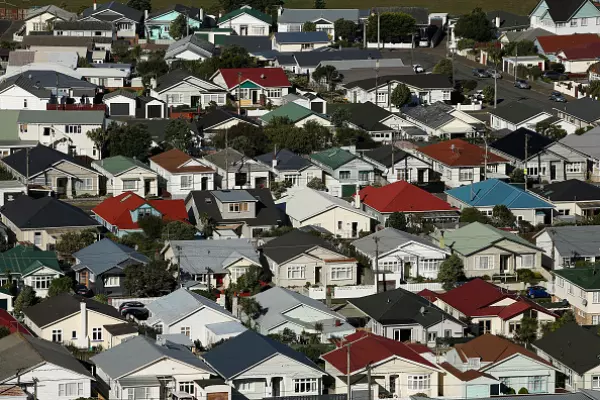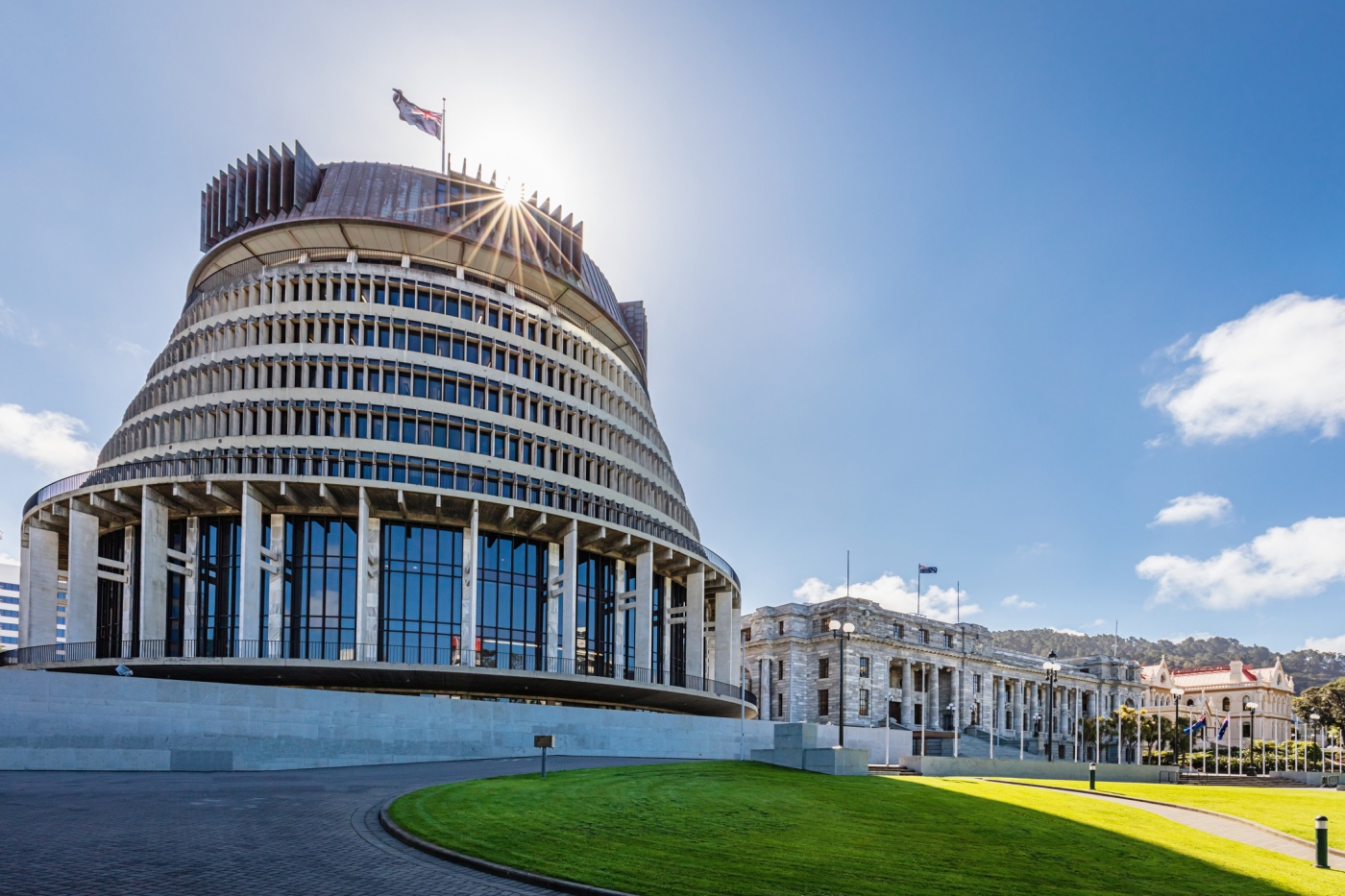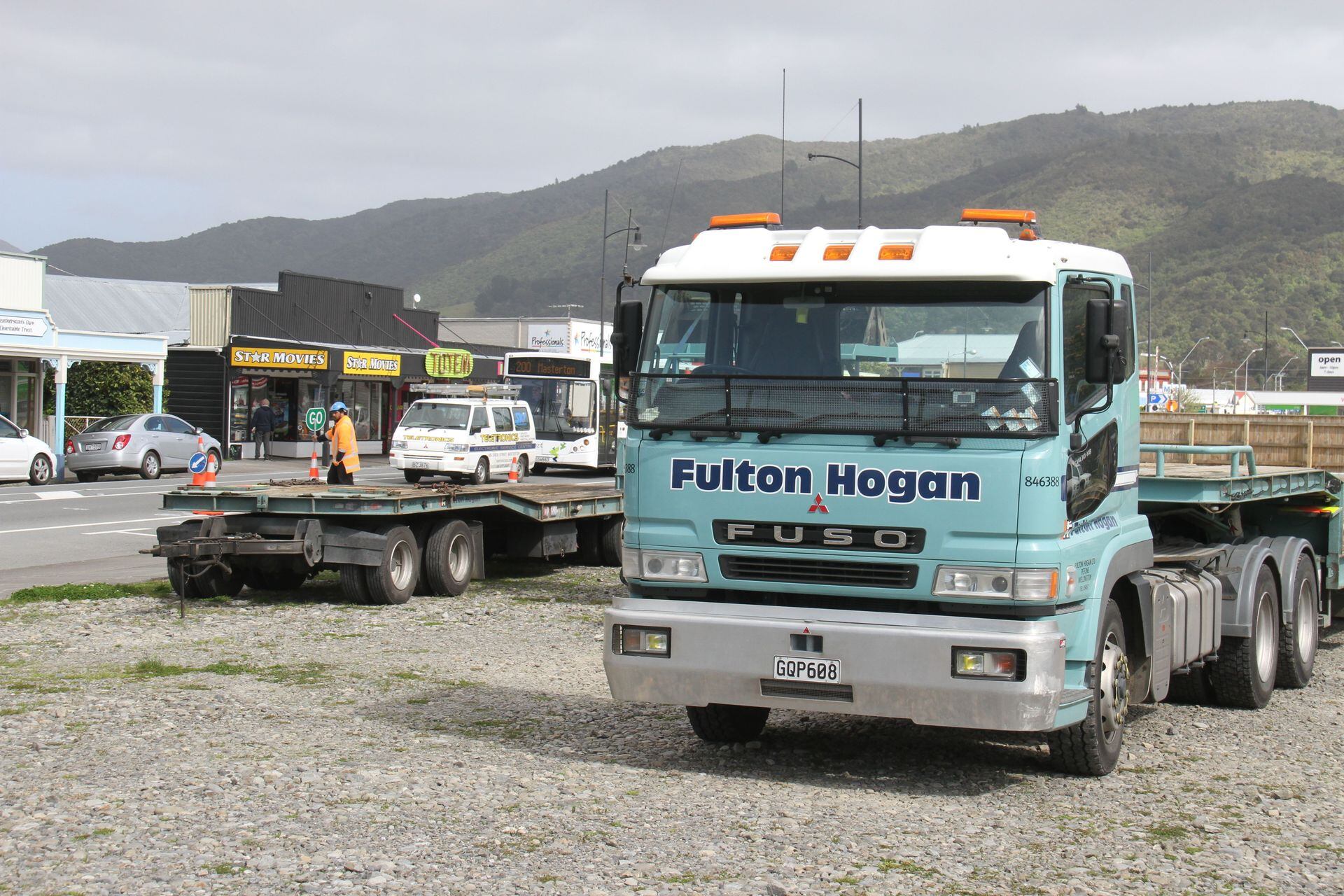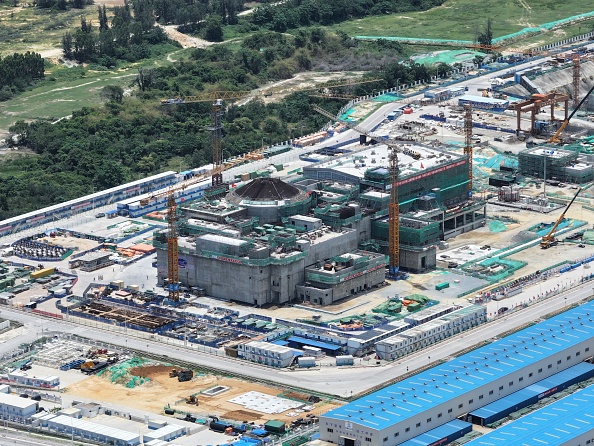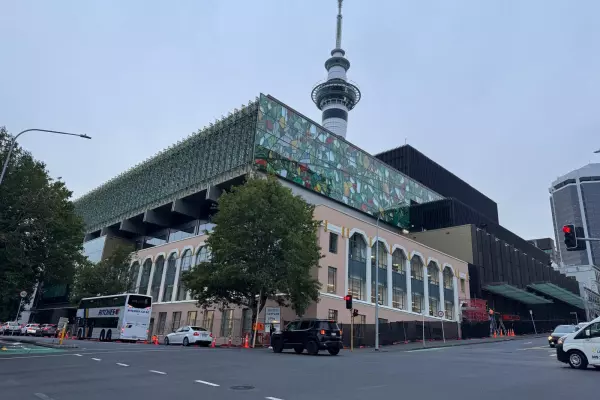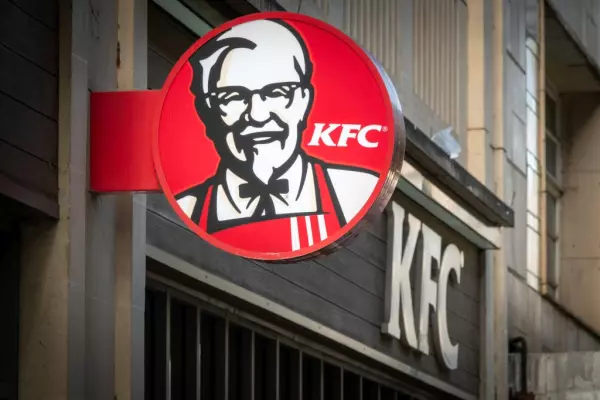Is 4.5% enough of an initial yield for Kiwi Property's investors to back the new $221 million build-to-rent (BTR) project at Sylvia Park?
If one just judged by the share price reaction, it can only be described as lukewarm on an admittedly down day for the market as a whole.
Kiwi shares were trading down half a cent at $1.165 several hours after the announcement, well down on the March 31 net tangible asset (NTA) backing of $1.36 and pretty much stuck in the same range they've traded year to date.
Kiwi has been an anomaly in the listed property sector because most property stocks in the current low interest rate environment have been trading at premiums to NTA.
Its discount largely reflects the company's office and retail exposure at a time when covid has accelerated the trend to internet shopping and away from bricks and mortar, as well as casting doubt over the future of the traditional CBD office as more people learned to work from home.
But, if Clive Mackenzie's rationale for creating the new-to-New Zealand asset class is to be believed, BTR developments may have the impact of boosting Sylvia Park's overall value and the value of its Lynn Mall centre where a second BTR development is on the drawing board.
Community centres
Kiwi has been working on turning key shopping centres into communities, places not just to shop but to live, work and play, for a number of years now.
It has completed its first office building at Sylvia Park and started work on its second and the BTR concept provides the final plank.
Mackenzie said the project should be viewed as a long-term investment, making the initial yield less important.
"The metrics are very similar to what you're seeing internationally – it's more about a return over a longer period of time," Mackenzie told BusinessDesk.
At March 31, the capitalisation rate of Kiwi's permanent portfolio was just below 5.5%, significantly higher than for the BTR project.
But the expected 10-year internal rate of return (IRR) of the Sylvia Park project is expected to be more than 8%, well above the comparable IRR of Kiwi's existing portfolio of 7.2%.
Mackenzie said cap rates for BTR properties in Australia and worldwide is 4% to 4.5% and tending towards the lower end of that range.
The feedback Kiwi has been getting from its valuers has been in that ballpark too, he said.
"There's less volatility, less risk and therefore you can take a lower yield up front, but it does pay its way over time."
Historical growth
Kiwi estimates annual residential rent returns in Auckland have averaged more than 11% over the past 15 years compared with about 10% from commercial property.
But Kiwi isn't counting on anywhere near that, basing its IRR calculation on 3% to 3.5% annual rent increases.
Tenants will be offered the security of a long-term tenancy, although with some flexibility to allow for life changes, and with rent increases specified when they move in.
Mackenzie said his company will only reset rents to market when a new tenant moves in, but that should still provide long-term rental growth above what Kiwi has calculated, if current trends continue.
The company has been adding residential development skills to its team over the last two or three years and it also has a long development track record, particularly at Sylvia Park.
The project will be 295 studio, one, two and three-bedroom apartments across three separate buildings of up to 12 levels and including 119 basement car parks.
Kiwi will also be providing amenities including a gymnasium, residents' lounge, co-working facilities and a rooftop terrace, with the site connecting directly to the existing shopping centre and associated train and bus interchange.
Tax exemption
A key factor in Kiwi's decision is whether the government will keep its promise to exempt new builds from the tax changes to residential property set to kick in from Oct 1, even though the legislation won't be passed by then.
The government will phase out the deductibility of mortgage interest over four years, among other changes.
Mackenzie said all the narrative from the government has been that BTR projects will be exempt and that will be able to deduct interest costs as it does for its other properties.
Since the project will be debt-funded initially, that will be a key factor.
Kiwi's gearing at March 31 was 31.2% compared with the company's target of 25% to 35% - net debt was a little above $1 billion – so the cost shouldn't unduly weigh on its balance sheet.
But it has started the process to sell two shopping centres, the Plaza in Palmerston North and Northlands in Christchurch, which are valued in its books at about $325m.
While Kiwi has warned the sale process may take some time, Mackenzie said the company has a number of other options if the sales aren't completed in the next couple of years.
2024 move-in date
Kiwi expects the first tenants to move into the Sylvia Park apartments in early 2024.
Given the massive headache the overheated housing market presents for the government, it seems unlikely it would want to stymie Kiwi's BTR projects.
House prices rose more than 31% nationally and by 28% in Auckland in the year ended August.
Kiwi said renters account for about 50% of Auckland's population over 15 and that's expected to grow to about 60% by 2024, with the median NZ house now costing seven times average household incomes and it taking an estimated 14 years for the average New Zealander to save a 20% deposit on a house in Auckland.
Despite record building consents, it estimates demand still significantly outstrips supply.
Mackenzie expects to get resource consent for a 245 apartment BTR project at Lynn Mall by Christmas – it took about four months to get resource consent at Sylvia Park and both properties are zoned to allow residential development.
Longer-term, Kiwi is expecting to build about 1,200 apartments at Sylvia Park and about 600 at Lynn Mall.
Kiwi would also be interested to build BTR projects on other sites it doesn't own, but the government would need to make legislative changes for that to make sense economically, Mackenzie said.




